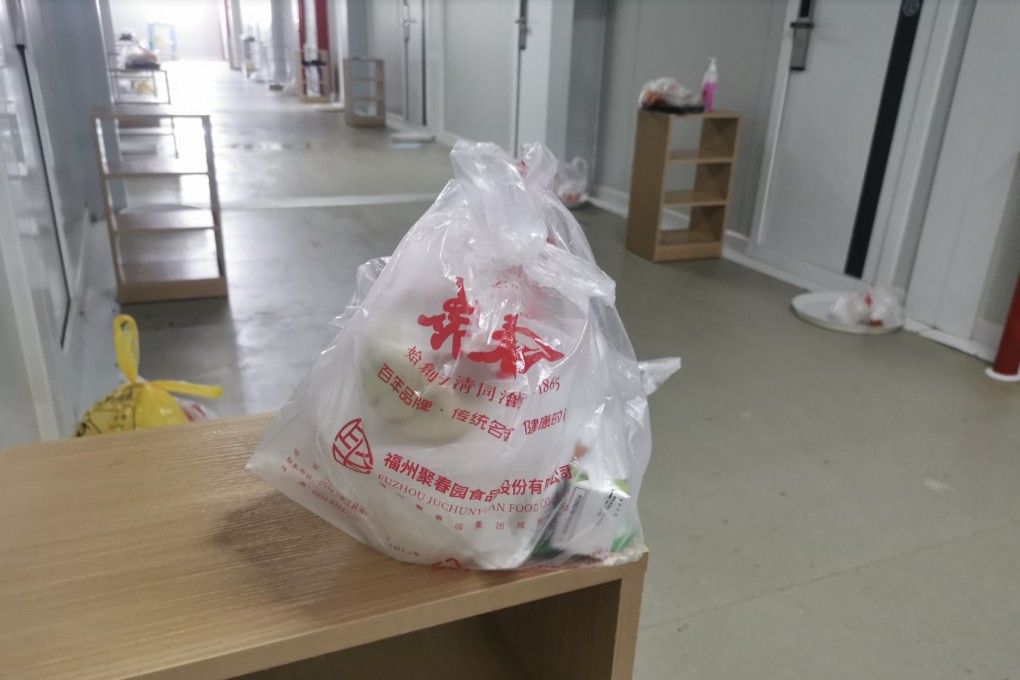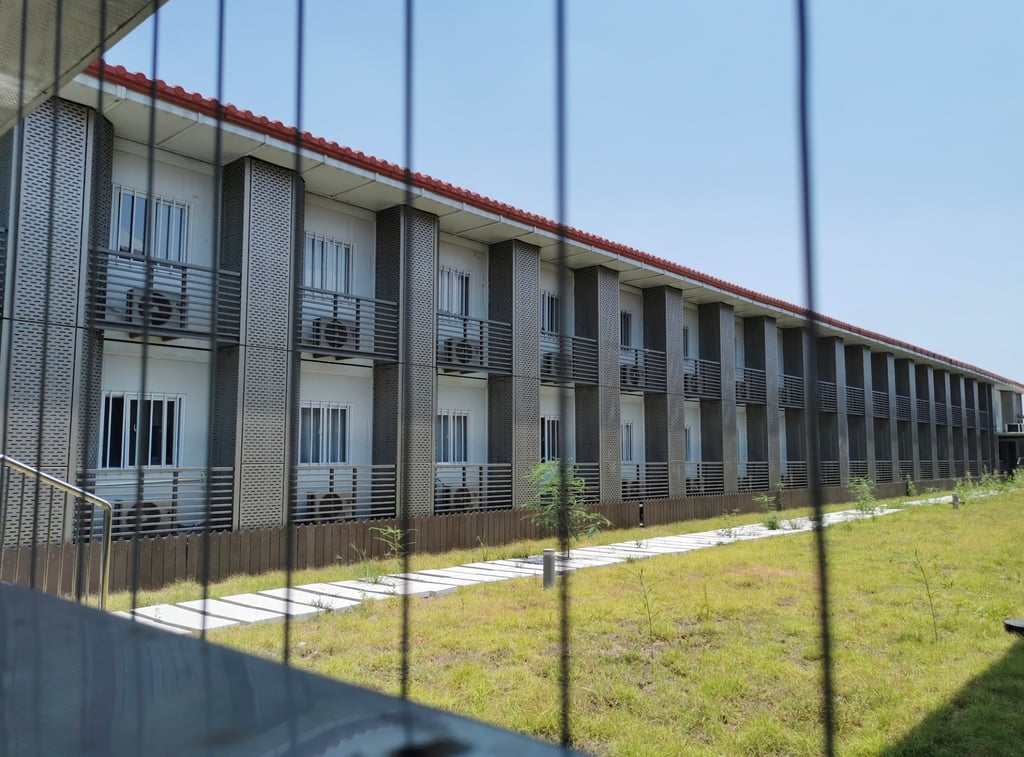How to prepare for China’s ‘7+3’ quarantine: bring food, coffee, earplugs, a yoga mat, and patience
- Don’t speak Chinese? Learn basic Covid-19 vocabulary before you land in China, and have essential information at hand
- Unless you want to lose weight – this writer lost 6kg in 11 days – bring as much food as you can, although no cooking is allowed

Heralded as a sign of easing of restrictions, the precautions against the spread of Covid-19 for people arriving in mainland China have been reduced to “7 + 3”: a week of centralised quarantine followed by three days of home observation.
Here is what to expect, based on one writer’s experience of quarantining in such a centre after travelling from Hong Kong to Fuzhou in Fujian province.
Arrival
Having been marshalled by platoons of people in white hazmat suits through a labyrinth of QR code scans, temperature checks and PCR tests, be prepared for questions at immigration.
You will need to explain why you are back in China, why you left in the first place, and almost everything that happened in between.

One for all
Having collected their luggage, everyone was bundled onto a convoy of buses, which trundled off into the darkness away from the city lights. “No eating on the bus – do not take off your masks or you will be penalised!” one hazmat-suited worker warned.